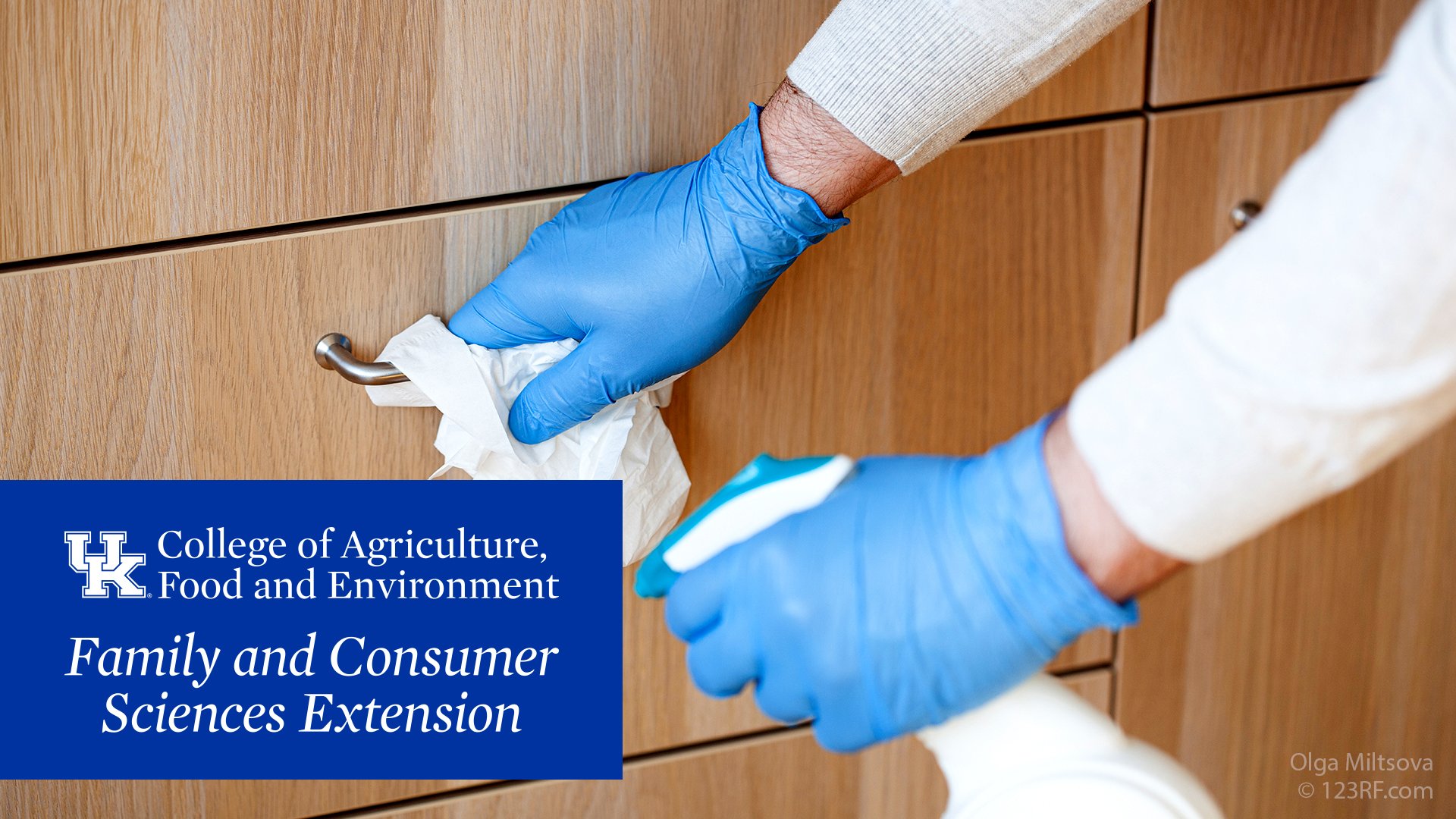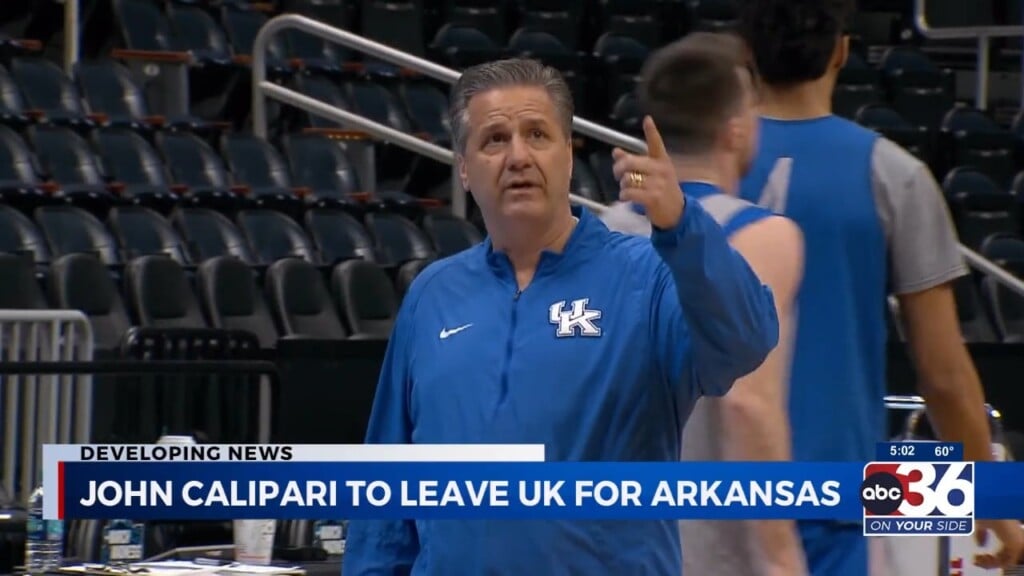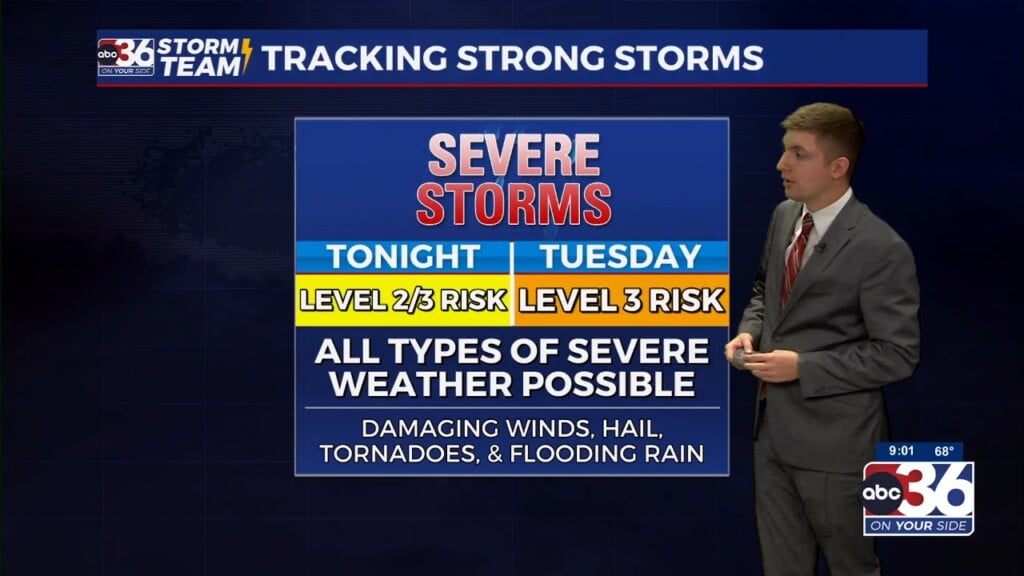Cleaning versus disinfecting: There’s a difference
LEXINGTON, Ky. (WTVQ) – With more people using cleaning products during the COVID-19 pandemic, there’s been an increase in accidental poisonings in Kentucky. It’s led to a deeper discussion on cleaning versus disinfecting, along with safety.
In March, the Kentucky Poison Control Center of Norton Children’s Hospital reported a 30% increase in overall exposure calls related to disinfectants. The spike includes a 56% increase in poisonings from household cleaners and a 30% increase in poisonings from hand sanitizers.
Annhall Norris, an extension specialist for food safety and preservation at the University of Kentucky, says there is a difference between cleaning and disinfecting, “Cleaning means to just remove germs or dirt from the surface. It typically involves removing visible dirt or grime, even germs that you can see.”
Norris says the two terms are not interchangeable.
Disinfecting means to “actually kill germs using chemicals like bleach or alcohol or another EPA registered disinfectant,” according to Norris. “It’s actually going to have the word disinfectant on the label.”
Norris says you can combine the two but only in this order, “You should always clean first and then disinfect because you can’t disinfect a surface that is dirty.”
As far as what you should disinfect, Norris says anything you touch frequently like a door knob, car keys, cabinet handles, a toilet flush handle, cell phones, keyboards and game controllers. However, Norris warns against disinfecting electronics, “You’ll want to follow the manufacturers directions for that because you don’t want to spray something right on the device.”
When it comes to how often you should clean, Norris says it’s important to do it on a regular basis. She says if someone is sick or going out and visiting with others, you should disinfect daily. “Because if they’re sick the germs can be present on any surface,” said Norris. “That holds true for the common cold or the stomach bug or the coronavirus that we’re seeing now.”
Norris says to follow directions on the product label in case you need to wear gloves or be in a well-ventilated area and, “Absolutely do not put these products on your hands or your body or ever ingest them, they were not meant for that, they were meant for hard surfaces.”
If you think someone has been poisoned, call the Poison Center at 1-800-222-1222 right away. The hotline is available 24 hours a day, seven days a week.

Cleaning vs. disinfecting: What’s the difference? Source: Annhall Norris




Leave a Reply